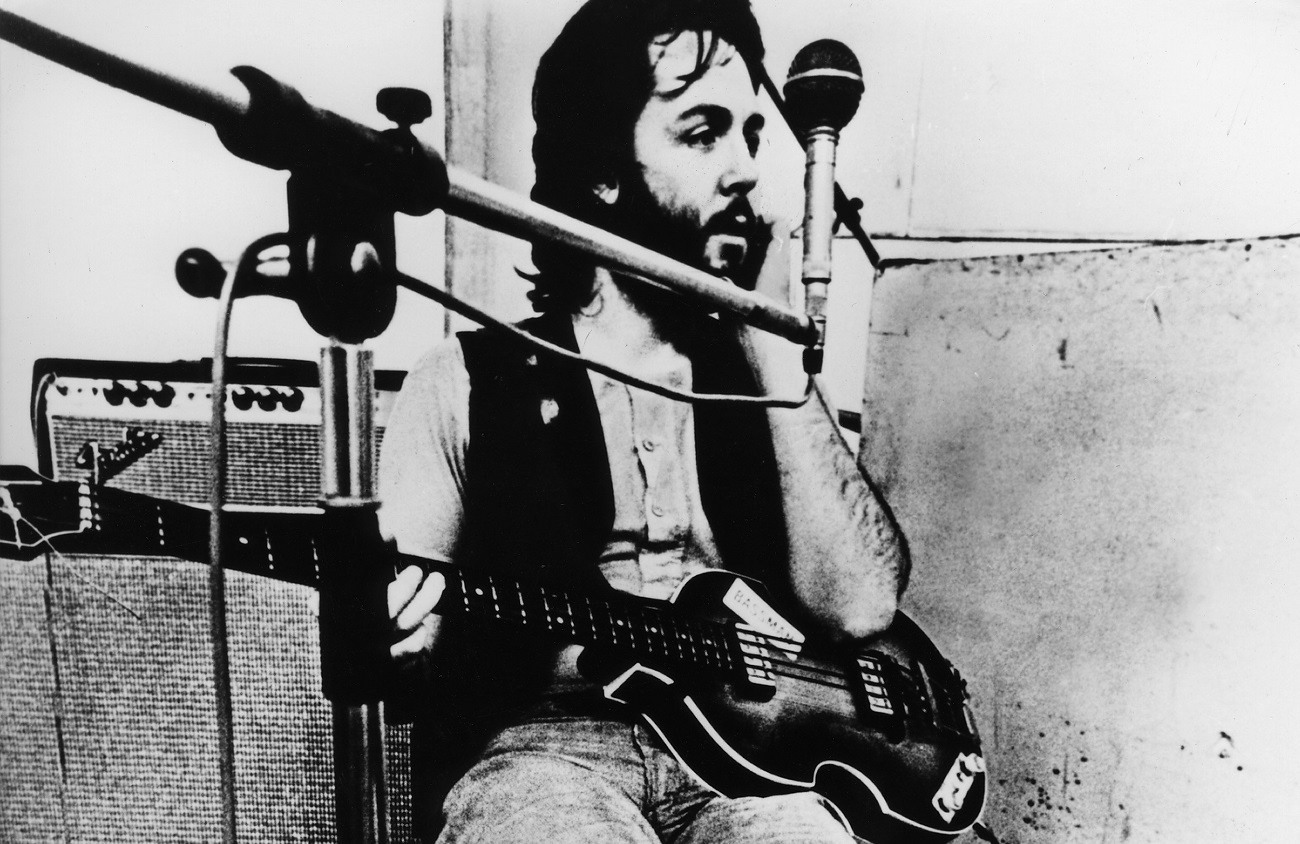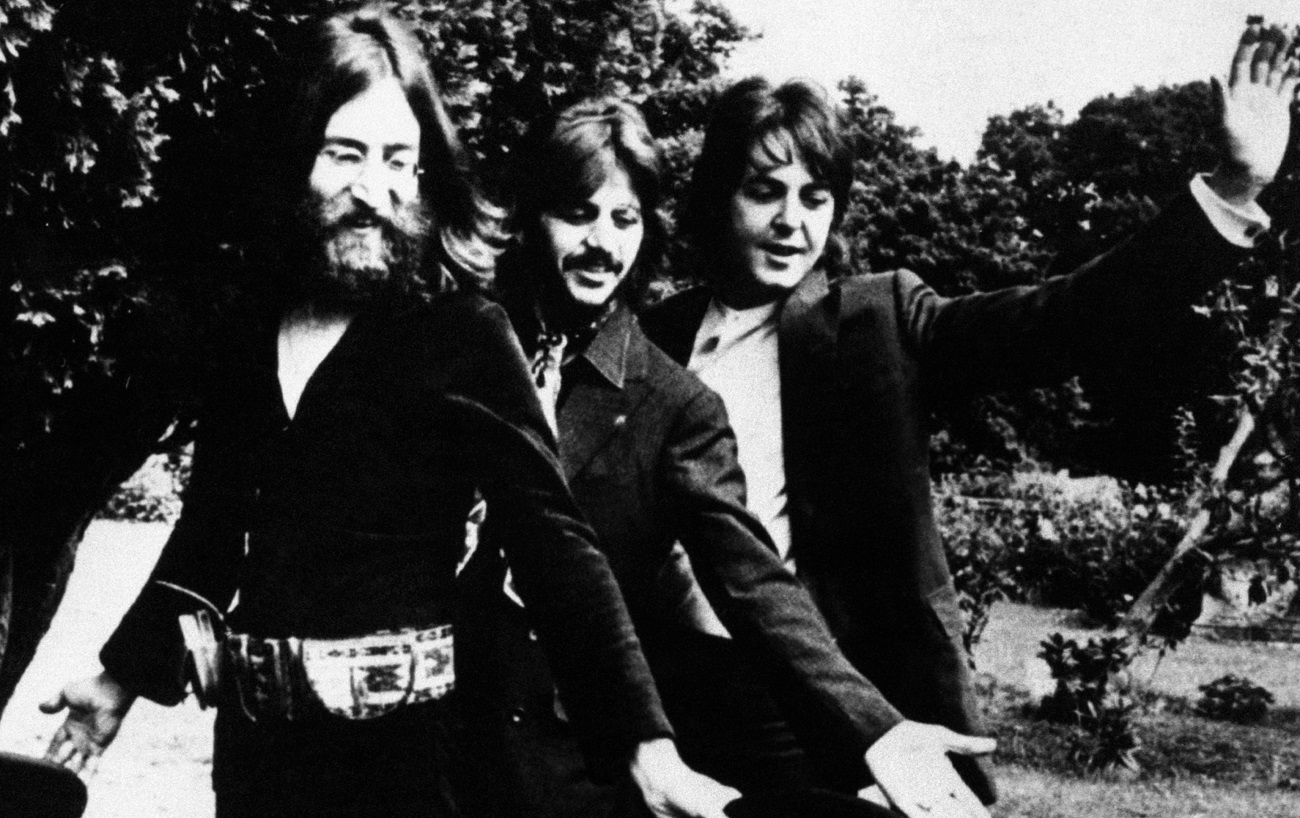Why Paul McCartney Had No Interest in The Beatles Performing Live by ‘Abbey Road’
What made the 1968 White Album sessions so unpleasant for The Beatles? The list is long, but you can’t answer the question without mentioning the arrival of Yoko Ono on the scene and the growing creative frustrations of George Harrison.
These were the sessions at which Harrison couldn’t interest his bandmates in “While My Guitar Gently Weeps,” after all. And Ringo Starr actually left the group for a spell that summer. When Paul McCartney later described it as “the tension album,” he wasn’t exaggerating.
But McCartney had an idea for getting the band playing together in a looser setting for the next album. It involved a more stripped-down approach — the four Beatles and their instruments — and at the end of filmed rehearsals they would play their first concert in three years.
It didn’t work out that way at the Get Back/Let It Be sessions of early ’69. By the end of the year, the Fab Four went back in the studio and made the highly produced Abbey Road. Around that time, McCartney said he wasn’t interested at all in The Beatles performing live.
Paul McCartney didn’t see much creative reward in The Beatles playing to large audiences by ’69

After a few days of the Get Back/Let It Be sessions, The Beatles scrapped the idea of the live show before a large audience. Instead, they went to the roof the Apple building and performed “Don’t Let Me Down” and other tracks from the new record.
That turned out to be the Fab Four’s last concert (so to speak). In September ’69, with Abbey Road finished, McCartney spoke on the BBC about potential shows in the future. He said the group had no plans to play the Isle of Wight or similar shows in 1970.
In brief, the idea of playing shows became limiting for McCartney. “You get an act, and we never used to really vary the act,” he told the BBC. “Occasionally, we put a new song in. But you get very stereotyped. Once you knew the act, there wasn’t really much more fun in it.”
To McCartney, The Beatles couldn’t get anything else out of live shows. “We’ve done all you can do in performing,” he said. “We can get bigger audiences. We can get bigger in quantity, but in quality of performance it’s difficult.”
McCartney did like the idea of small shows for The Beatles by late ’69

In many ways, McCartney sounded the same as when The Beatles quit touring in 1966. “[After the Cavern Club era], our thing’s gotten more into records and songwriting,” he told the BBC. Following the close of that final tour, the band turned to crafting works like Sgt. Pepper’s Lonely Hearts Club Band (1967).
By ’69, McCartney said he wouldn’t mind performing in intimate venues. “I personally, if we were gonna do anything, I’d prefer to just go back to a small club,” he told the BBC. “Just have 50 people in and sing to them. You know, have a bit of a sing-song. I’d get more fun from that.”
Not long after, McCartney did get back to the small clubs — only not with The Beatles. After getting Wings together, McCartney made the rounds. Regarding his distaste for playing a standard set at large venues around the world, solo McCartney got past that hang-up long, long ago.


